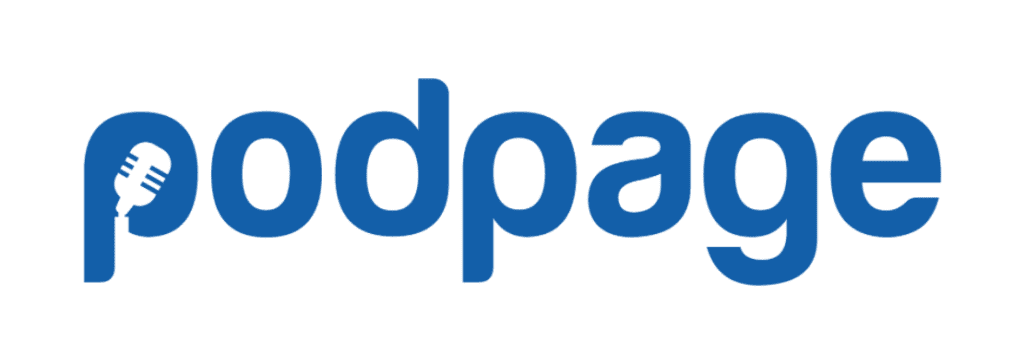

PodMov Daily: Tuesday, June 7
Episode 660: Testing, One Two-sday

Podcast Listener Voicemail is Seriously Underrated
Voicemail is an underrated audience engagement tool, writes Lindsay Harris Friel of The Podcast Host. She recommends a ‘voice feedback survey’ to gather specific answers to fun, open-ended questions. It asks little of each listener, and “the responses will be rich with detail and repurposable.”
The article endorses a service called Telbee that transcribes and organizes voice messages, though podcasters have plenty of options (e.g., PodInbox, SpeakPipe, Firstory, podcast website platforms like Podpage and Podcastpage, Anchor hosting). It’s best if listeners can record and send from a mobile device.
Hearing one’s own voice message on a podcast is a thrill, whether it’s a question for the host, a response to a prompt, or just a comment. Friel offers ideas for a food show and how replies can lead to more tailored content. A survey is just one option – we’ve got expert tips and perspective on feedback below.
How to Learn What Your Audience Really Wants
To truly know what your listeners want (and what they’re willing to pay for), it’s essential to learn who they are and what makes them tick. Hard data from your hosting platform and listening apps will only go so far, says Jennifer Tribe, Head of Marketing at Supercast. Here’s how to gather meaningful feedback.
Getting started can be intimidating. Espree Devora (Women In Tech) suggests focusing on an individual level. “You don't have to think about everybody, just what can you do right now,” she tells podcasters. “What can you do today that will create that closer bond with someone who can symbolize 100 of your listeners?”
Whether you ask for feedback via email like Jesse Brown (Canadaland), on Instagram like Jay Clouse (Creative Elements), or elsewhere, a thoughtful listener survey is your strongest tool. Tribe offers a springboard template, tips for better questions, and a reason to consider not calling your survey ‘a survey’.

Podpage: Launch a Beautiful Podcast Website in Minutes
Podpage makes it easy to create a beautiful, listener-friendly site for your show with just a few clicks. There’s no need for technical knowledge, plugins, or code — just an RSS feed and five minutes. Over 15,000 podcasters trust Podpage to make a stunning first impression.
When you publish an episode, your site instantly creates an SEO-friendly page with a media player, transcripts, and more. It automatically imports YouTube videos, Apple Podcasts and Podchaser reviews, and even posts to social media. While you focus on content, Podpage delivers it to the world.
How much easier is Podpage than WordPress? Users have said it so many times it’s almost a feature. From universal integrations to audience engagement tools, this experience is seriously smooth. Get started for free, no credit card required.
Here's what else is going on:
- Tough gig: Spotify has named a ‘head of talk’ executive to replace Michael Mignano, reports Ashley Carman of Bloomberg. With Spotify since 2019, Maya Prohovnik was Anchor’s first employee hire in 2016. In this role, she’ll lead the company’s strategy to attract podcasters with new features.
- Box jump: “Organise Your Workflow with Notion” from Podcode is tomorrow at 11:00 am ET/4:00 pm BST. Founder and podcast coach Mark Steadman will demonstrate how the free app can help with tracking ideas, wrangling guests, and collecting promo assets for each episode. Free registration.
- Trophy case: Applications for the third annual Black Podcasting Awards will be open until August 15. Shows across 29 categories will be honored in a live, virtual ceremony on September 25. Submissions must be ‘reels’ under five minutes long. Don’t miss the early-bird fee discounts in the FAQs.
- Robot overlords: NPR and Edison Research will present the Smart Audio Report 2022 on June 16. The latest installment explores how Americans’ use of smart speakers and voice assistant technology has evolved, including user vs. non-user attitudes toward voice tech. Free registration.






Join the Movement